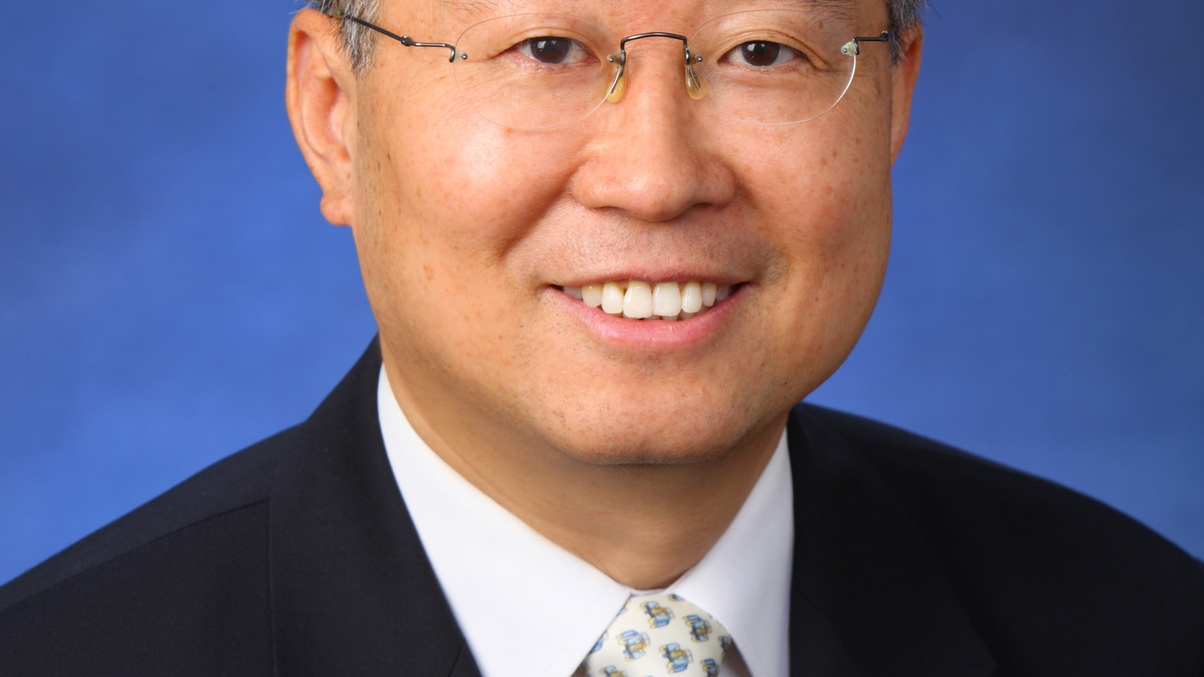UBS dismisses 2012 depreciation fears for RMB
Chief investment strategist Yonghao Pu says there is neither economic nor political rationale to support such concerns, with money outflows behind recent weakness versus the dollar.

Since the onshore renminbi started trading at a discount in the non-deliverable forward (NDF) market in late September, concern has grown that China's currency will start to depreciate, denting the appeal of RMB-denominated securities.
Sign in to read on!
Registered users get 2 free articles in 30 days.
Subscribers have full unlimited access to AsianInvestor
Not signed up? New users get 2 free articles per month, plus a 7-day unlimited free trial.
¬ Haymarket Media Limited. All rights reserved.


